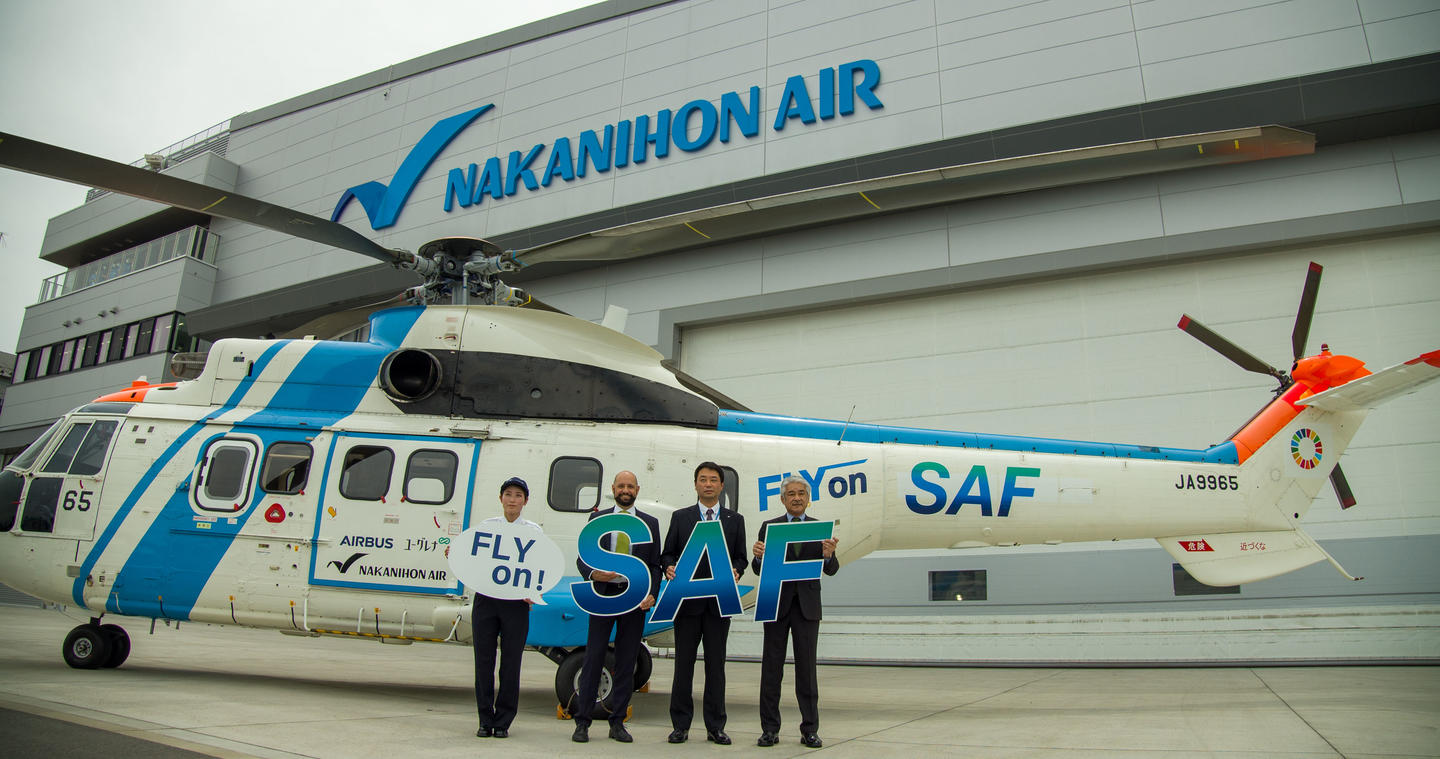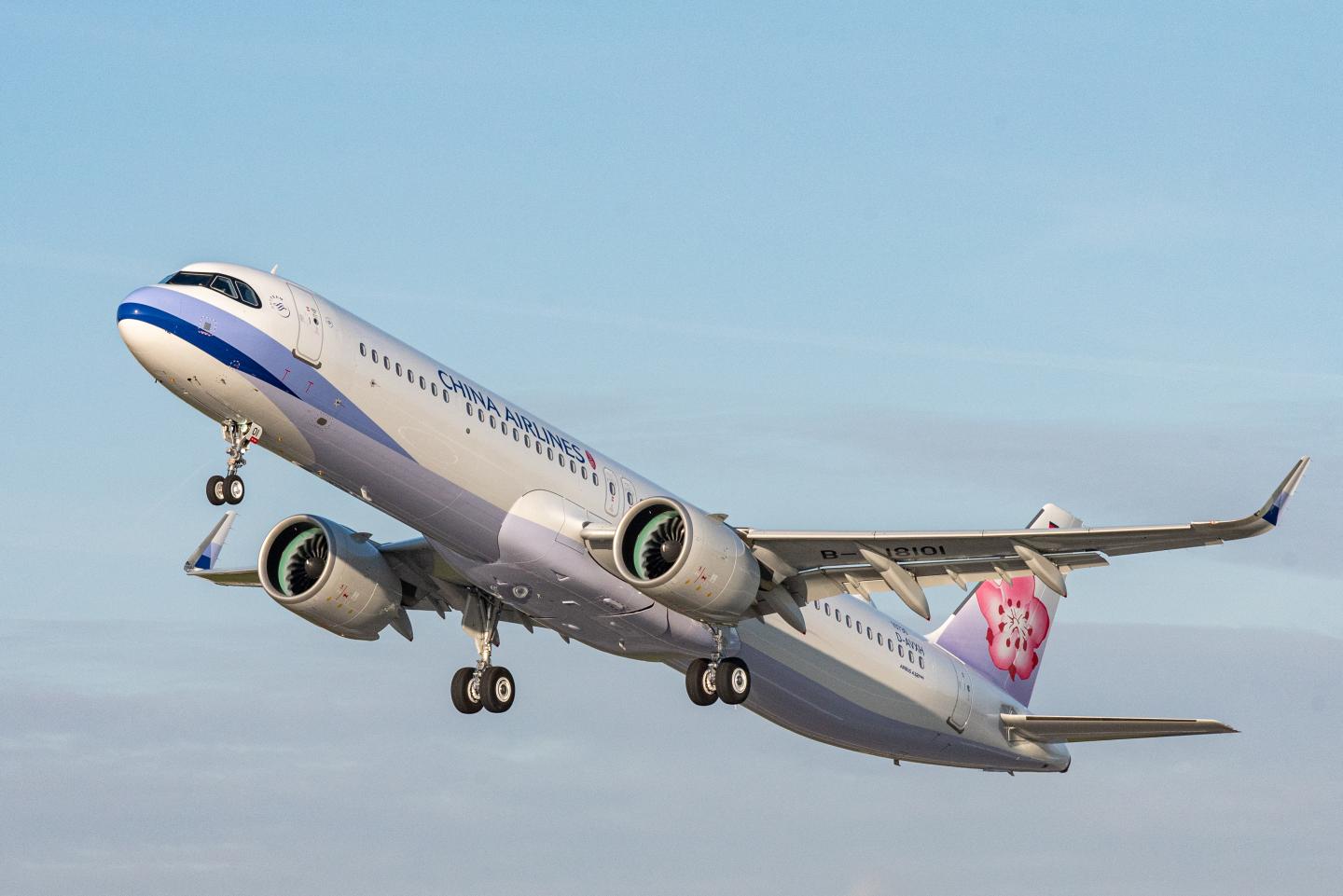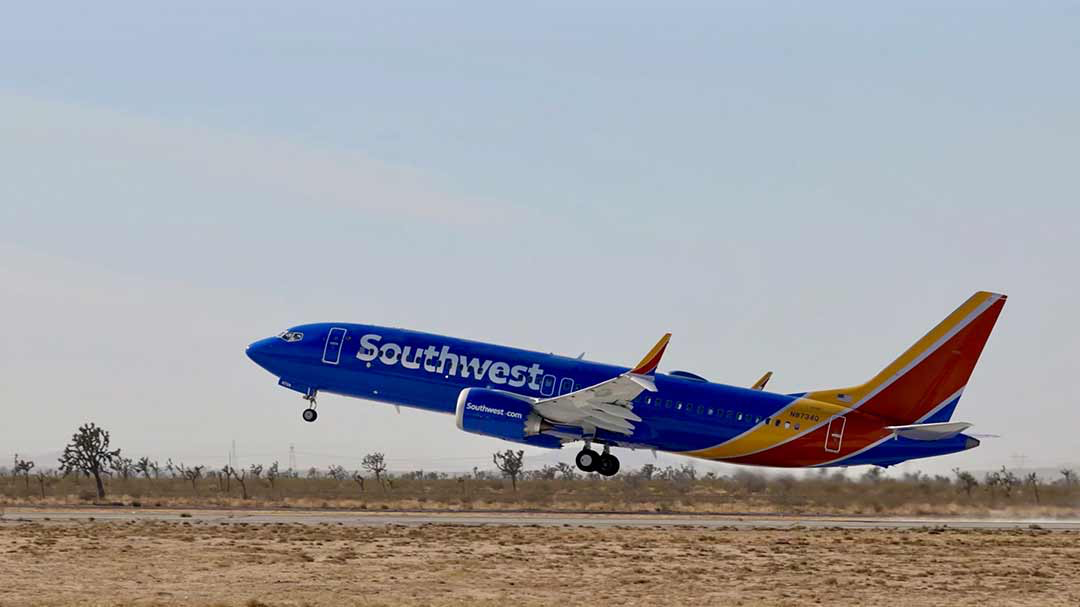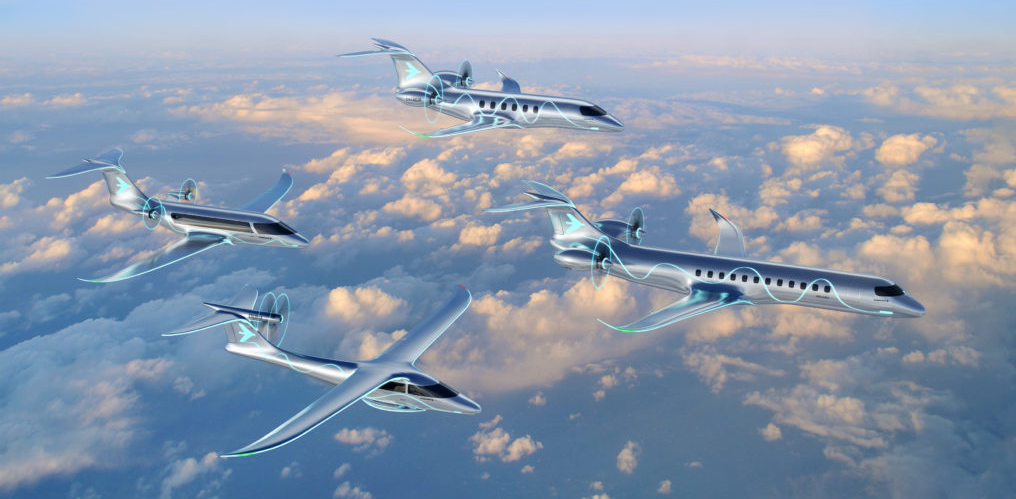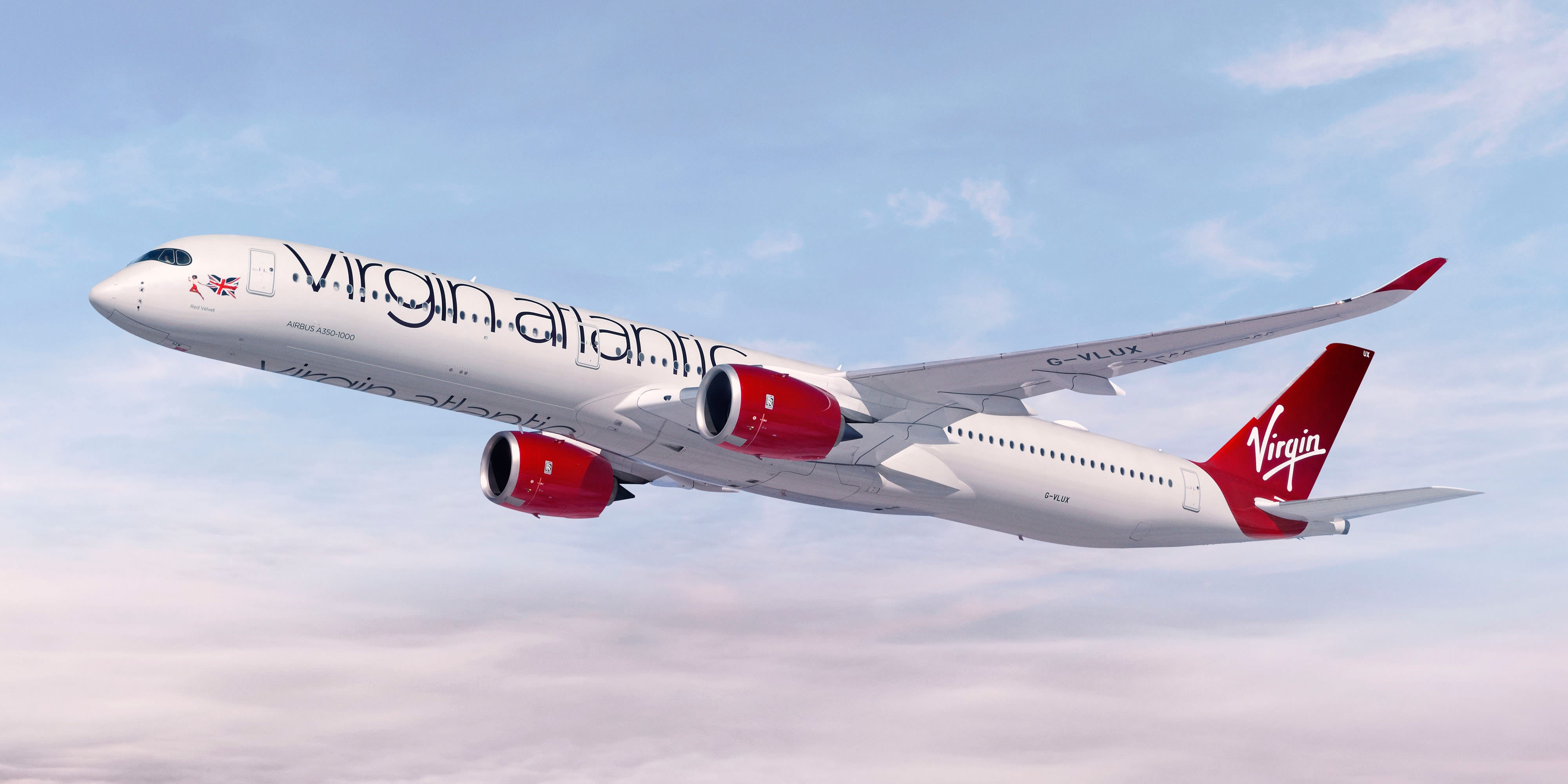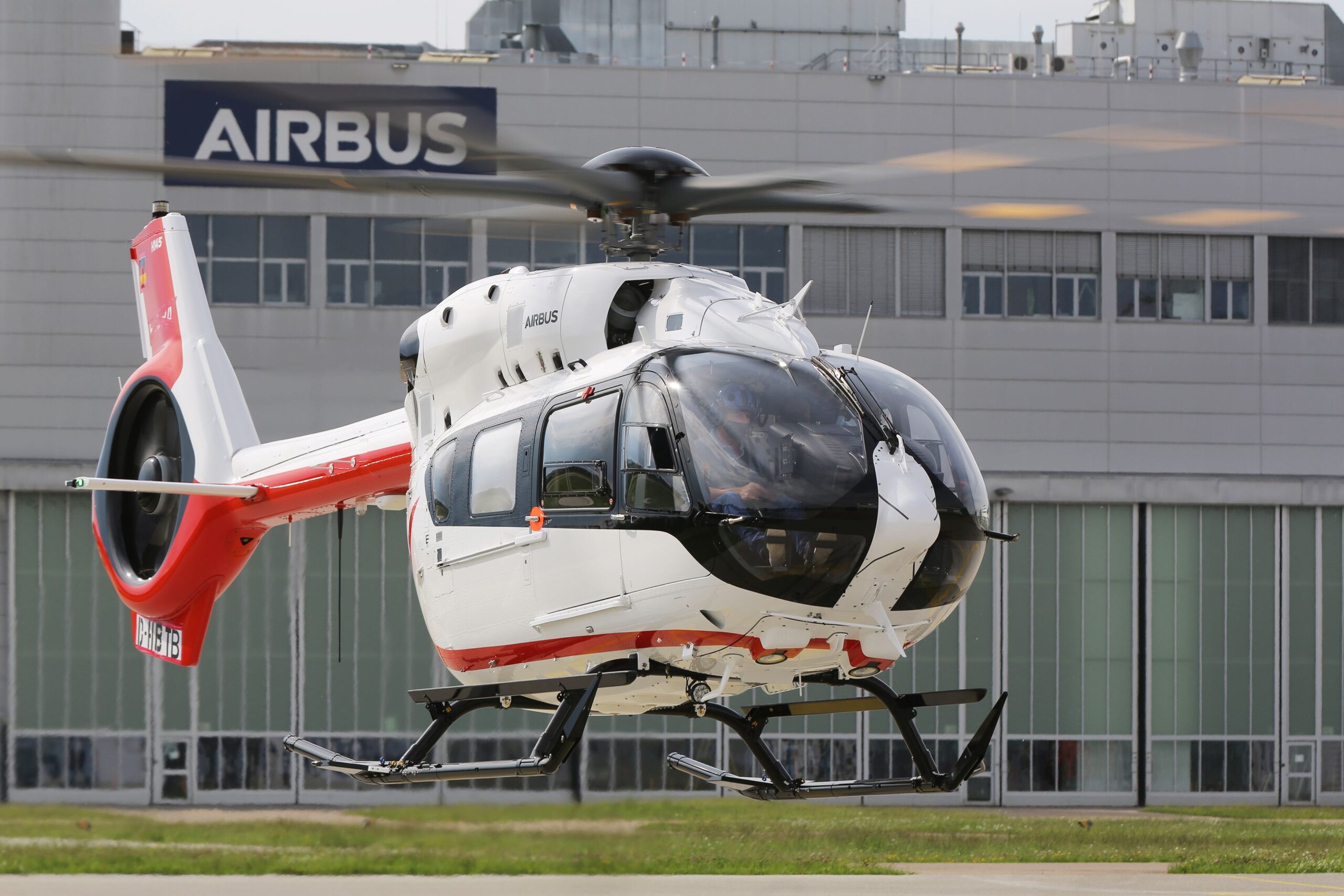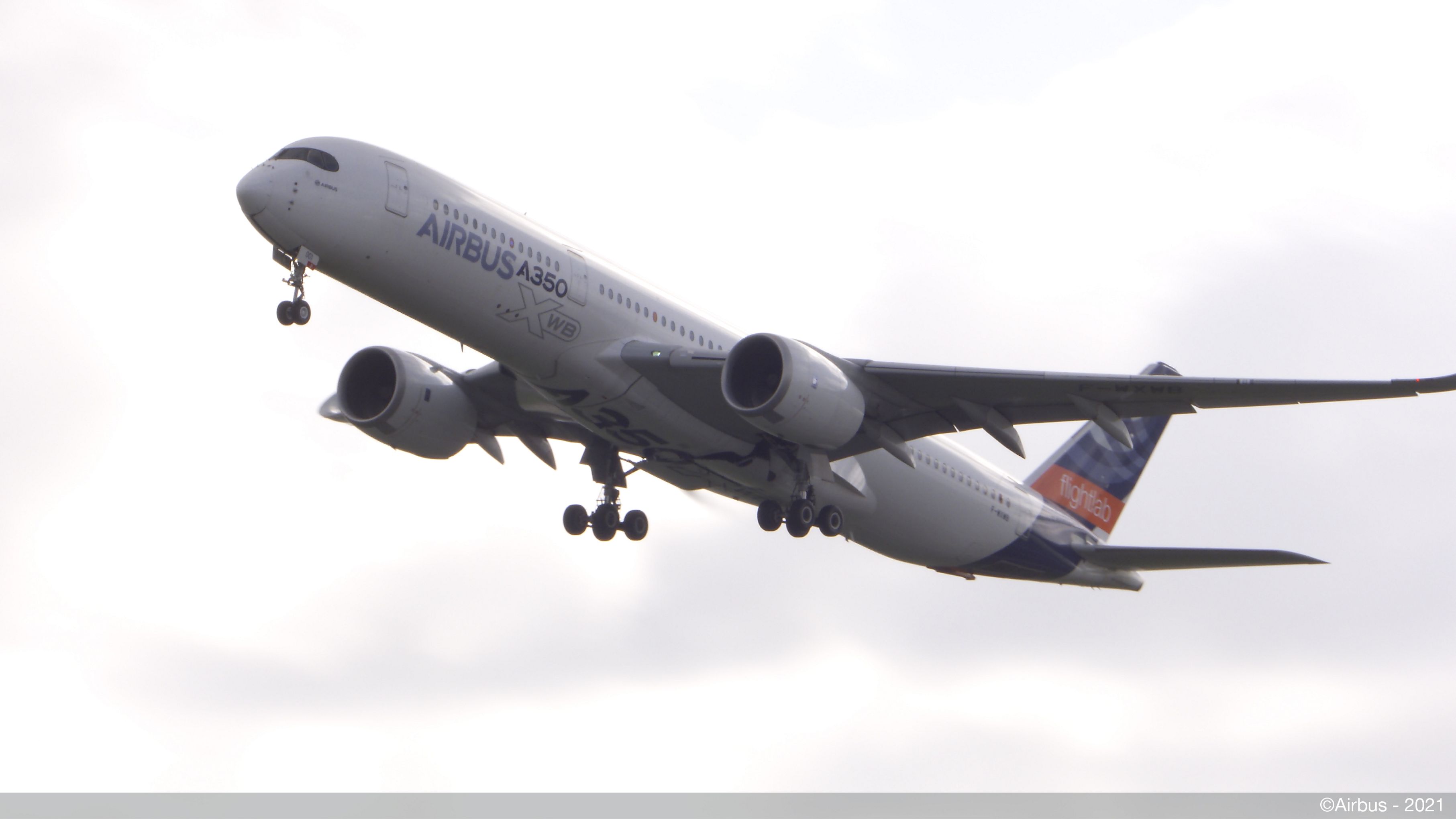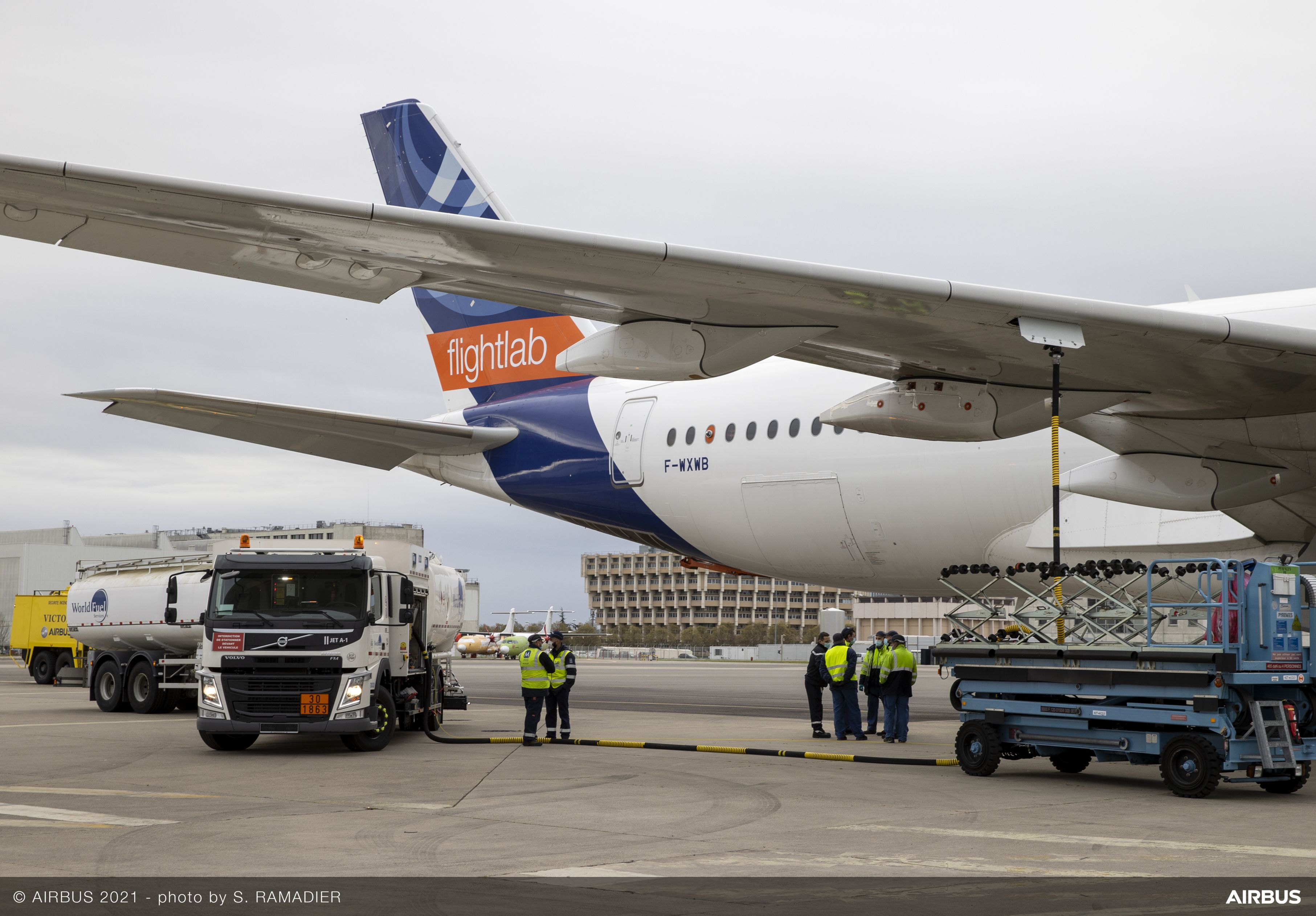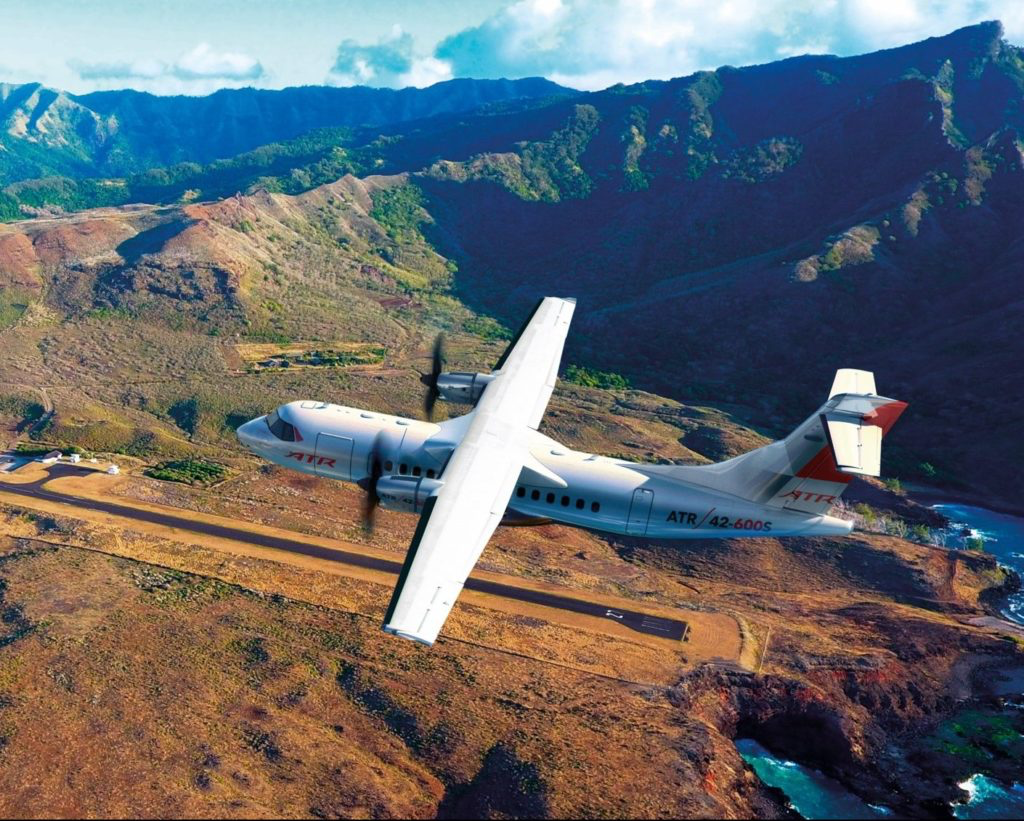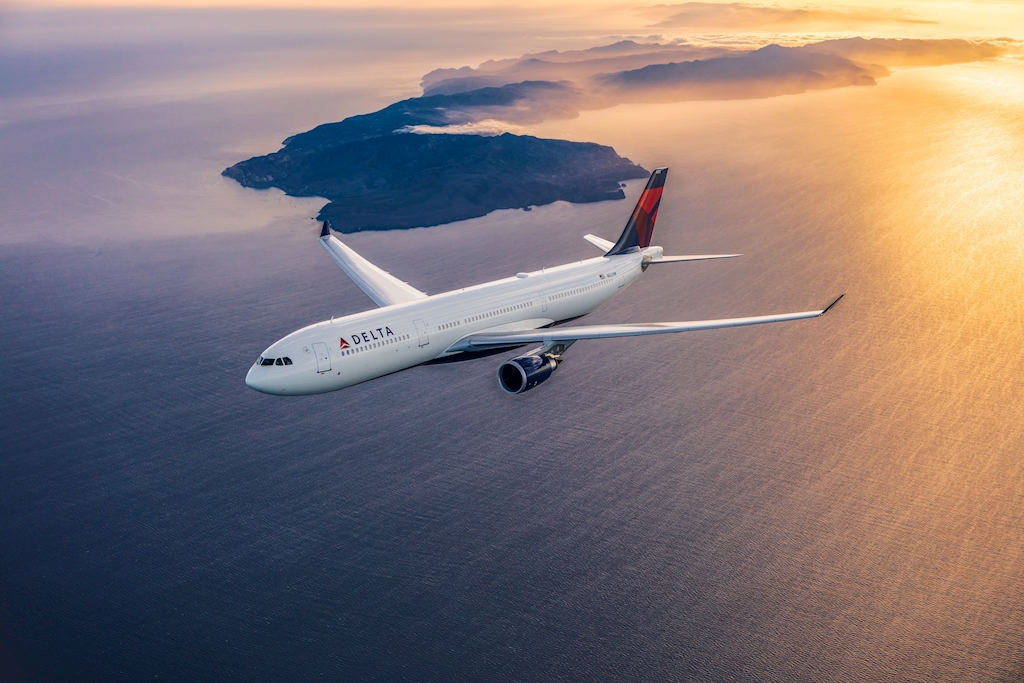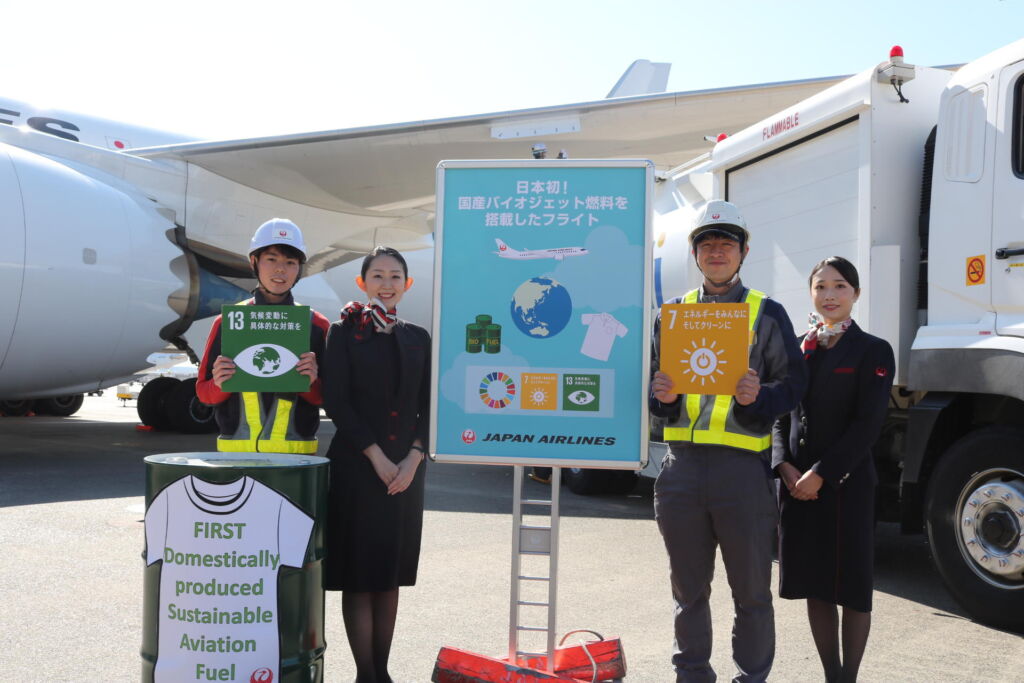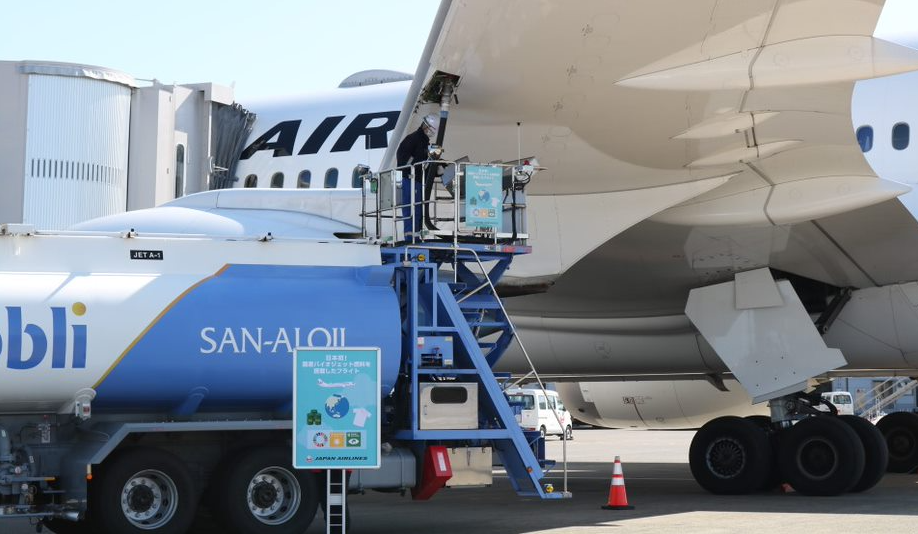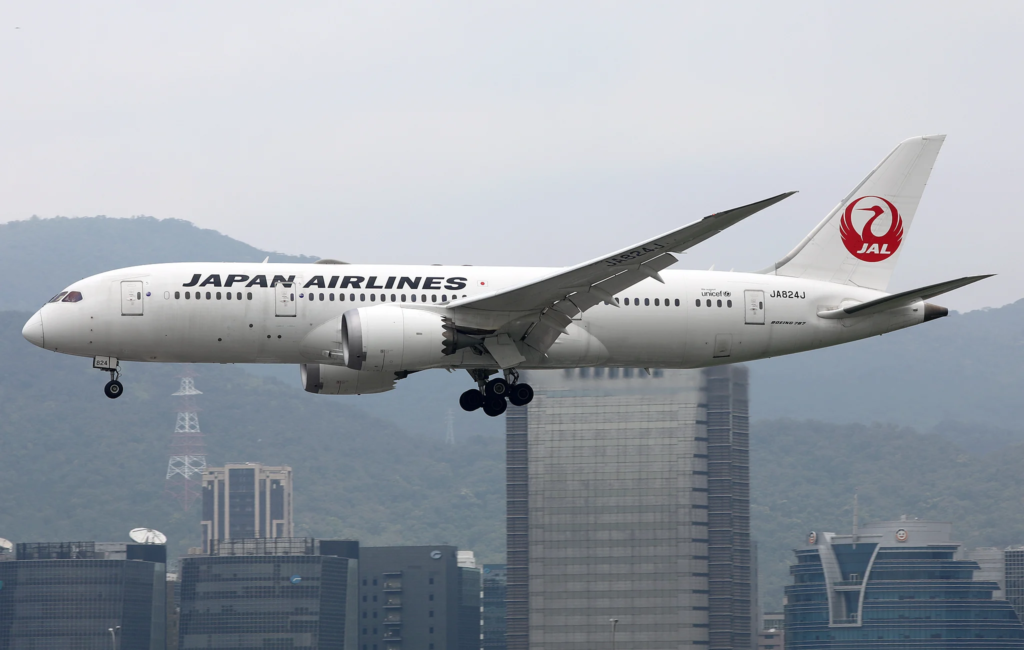Tokyo, Japan June 1, 2022 – Airbus Helicopters in Japan and Japan’s leading helicopter operator Nakanihon Air (NNK) have jointly performed the country’s first ever helicopter flight powered with sustainable aviation fuel (SAF). NNK’s H215 helicopter conducted a 30-minute flight at Nagoya Airport in Aichi Prefecture today.
The aircraft was fueled with 600 litres of “SUSTEO 10”, a renewable jet fuel produced by Japan’s first biofuel manufacturer Euglena, which has met the specifications of both international and Japanese standards of diesel fuels ASTM D1655 and JIS K 2204 respectively. SUSTEO contains 10% of SAF mixed with Jet A-1.
The twin-engine, heavy-lift H215 is a member of the Super Puma helicopter family, known for its high availability rate, performance, and competitive operating cost.
Today, all Airbus helicopters are certified to fly with up to a 50% blend of SAF mixed with kerosene, with the aim to reach 100% SAF in coordination with engine manufacturers. An Airbus H225 performed the first ever helicopter flight with 100% SAF powering one of the Safran Makila 2 engines in 2021. Helicopter operations with 100% SAF would translate to a reduction of 80% of CO2 emissions.
Airbus Helicopters has launched a SAF User Group dedicated to the rotary-wing community, in a bid to drive the deployment of biofuels. The company has also started using SAF for training and test flights at its French and German sites.
